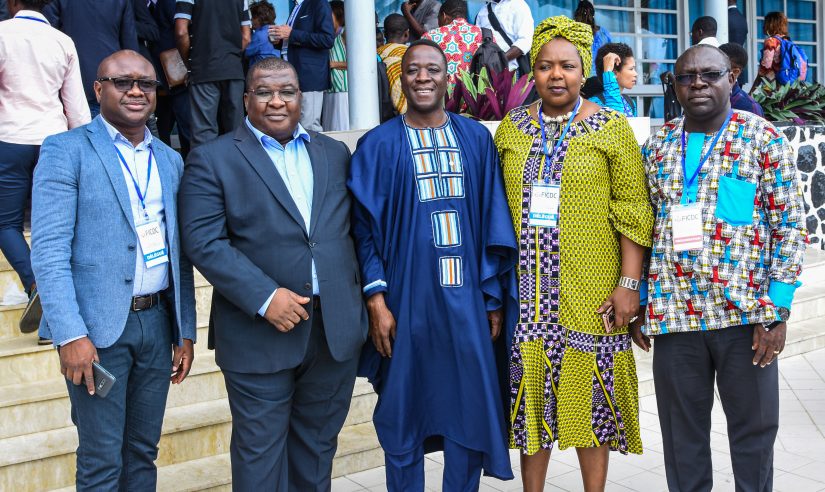
Photo © FICDC/IFCCD
The second panel of the Regional Conference “Pan-African Perspectives for the Protection and Promotion of the Diversity of Cultural Expressions” (9 and 10 October 2019) focused on African public policies in favour of culture. Invited for this panel were Donikpo Kone (UEMOA), and Komi N’kegbe Foga Tublu (CELTHO – UNA).
- Donikpo Kone, Head of Cultural Affairs at the Culture Department of the West African Economic and Monetary Union (UEMOA) Commission, presented the UEMOA’s regional cultural development programme.
Created on 10 January 1994 in Dakar, the West African Economic and Monetary Union (UEMOA, from its name in French) brings together eight African States: Benin, Burkina Faso, Côte d’Ivoire, Guinea-Bissau, Mali, Niger, Senegal and Togo. The UEMOA cultural sector mobilizes a large part of the regional population but still makes a small contribution to the economy of the area. Several reasons explain this paradox: the predominance of the informal sector, the lack of professionalism in the sector, the absence of verifiable indicators to measure the social and economic impact of culture, the scarcity of financial resources. Donikpo Kone also pointed out the lack of leadership for the sector and the lack of promotion for cultural resources.
UEMOA adopted a common cultural development policy in October 2013 and a Regional Cultural Development Programme (PRDC-UEMOA) in September 2014. The overall objective of this programme is to contribute to the enhancement of culture as a source of wealth creation and influence for UEMOA. Specifically, the PDC-UEMOA aims to develop a structured and attractive regional market for cultural goods and services and to improve the visibility of UEMOA’s cultural expressions. The expected results are as follows:
- Better protection of literary and artistic property;
- Cultural enterprises that provide jobs and generate income;
- A structured and productive regional market for cultural goods and services;
- A better circulation of cultural actors, goods and services within the Union;
- Cultural goods and services labelled and further promoted in the sub-region and at the international level;
- The inclusion of culture in national development strategies;
- A cultural information system is operational.
Regarding the promotion of cultural diversity, Donikpo Kone stressed UEMOA’s involvement in the drafting of regulations and support for cultural and artistic events. He also mentioned the establishment of a regional information system on culture (SIRC) and the development of a mechanism to promote cultural enterprises. Asked about the presence and visibility of the diversity of cultural expressions online, he explained that the SIRC platform would promote the visibility of cultural content but that it implied a responsibility on the part of countries to share information and data. Regarding the high cost of the Internet in WAEMU countries, he indicated that several departments of the organization are currently working on this issue.
Presentation by Mr Kone (in French)
- Komi N’kegbe Foga Tublu, coordinator of the Centre for Linguistic and Historical Studies by Oral Tradition (CELHTO-UA), was initially to speak following Donikpo Kone. His arrival having been delayed, he finally intervened the next day to present the work of the African Union and that of CELHTO.
He explained that the African Union does not have its own cultural policy but that it has provided itself with tools and institutions. Among these tools, the Charter for African Cultural Renaissance was adopted in 2006, and its ratification is ongoing. Komi N’kegbe Foga Tublu deplored the slowness of the ratification process but announced that the quota had just been reached for the Charter to officially enter into force. He also mentioned Agenda 2063, a strategic framework for achieving Africa’s objective of inclusive and sustainable development, which has a cultural heritage, creative arts and enterprise component. The African Union has also set up various bodies and institutions: a culture division in Addis Ababa, CELHTO in Niamey, the African Academy of Languages in Bamako. CELHTO’s main objective is to contribute to the continent’s cultural influence, to support the development of cultural industries in Africa and to support civil society approaches. CELHTO develops several programs:
- A scanning program;
- A collection program;
- A program of research and valorisation of results;
- A support programme for cultural civil society: capacity building, support for cultural encounters, support for the mobility of artists.
With the support of the International Organisation of La Francophonie, the Union Économique et Monétaire Ouest Africaine (UEMOA), the Togolese Coalition for Cultural Diversity, the French Coalition for Cultural Diversity, the Coalition for the Diversity of Cultural Expressions (Canada), the Austrian Coalition for Cultural Diversity, the Government of Togo, the Government of Canada, the Government of Quebec, the National Commission of the Francophonie in Togo.
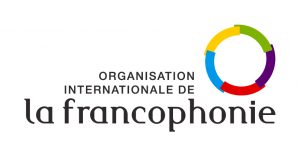
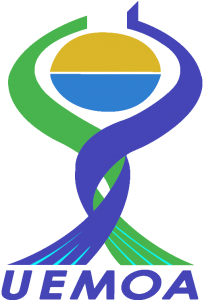
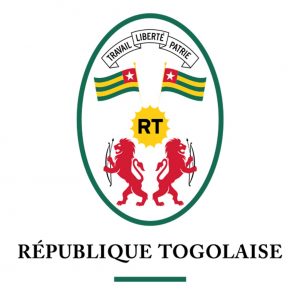
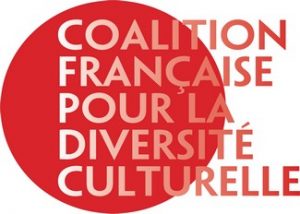
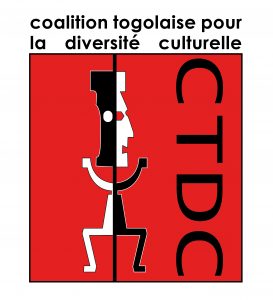
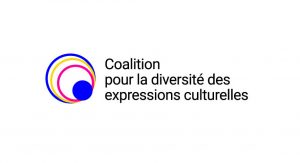
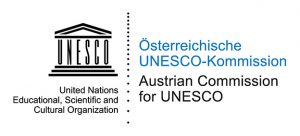
![]()
